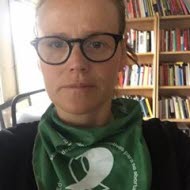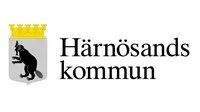Getting closer but not close enough? About making work abilities visible in invisible systems
Knowledge of the effects of municipal labor market initiatives is limited and studies show uncertain or small effects of these. One reason for this may be that there is a lack of documentation of initiatives, which therefore makes it more difficult to analyze them.
Another reason may be that the instruments through which these efforts are evaluated are based on an overly narrow definition of work and ability to work, which means that initiatives that work with groups with particularly complex problems can have positive effects that do not appear in evaluations.
In the municipality of Härnösand, there is such an activity where a number of individuals over the years through support have managed to get to work, but not in the way that prevailing discourses define in terms of full-time norms and what is defined as work. Participants in the labor market initiative have had various problems, e.g. mental illness, neuropsychiatric disability, previous addiction, low self-esteem, lack of structure in everyday life or low sense of belonging. They may also have problems of a socio-economic nature such as lack of good role models, unstable family situations, abuse in the family, no housing and the presence of SMS loans and debts.
As a consequence of this, there is often a lack of trust in social institutions, which means that efforts take a long time and must take place step by step from a long-term perspective. The municipality is today experiencing frustration that the progress the participants in the activity make, based on their personal obstacles, is not counted within the framework of prevailing evaluation discourses on work and work ability.
Financing
SEK 773 000 kr
Facts
Project period
200901-210915
Departments
Municipal cooperation
Project leader

Project members




